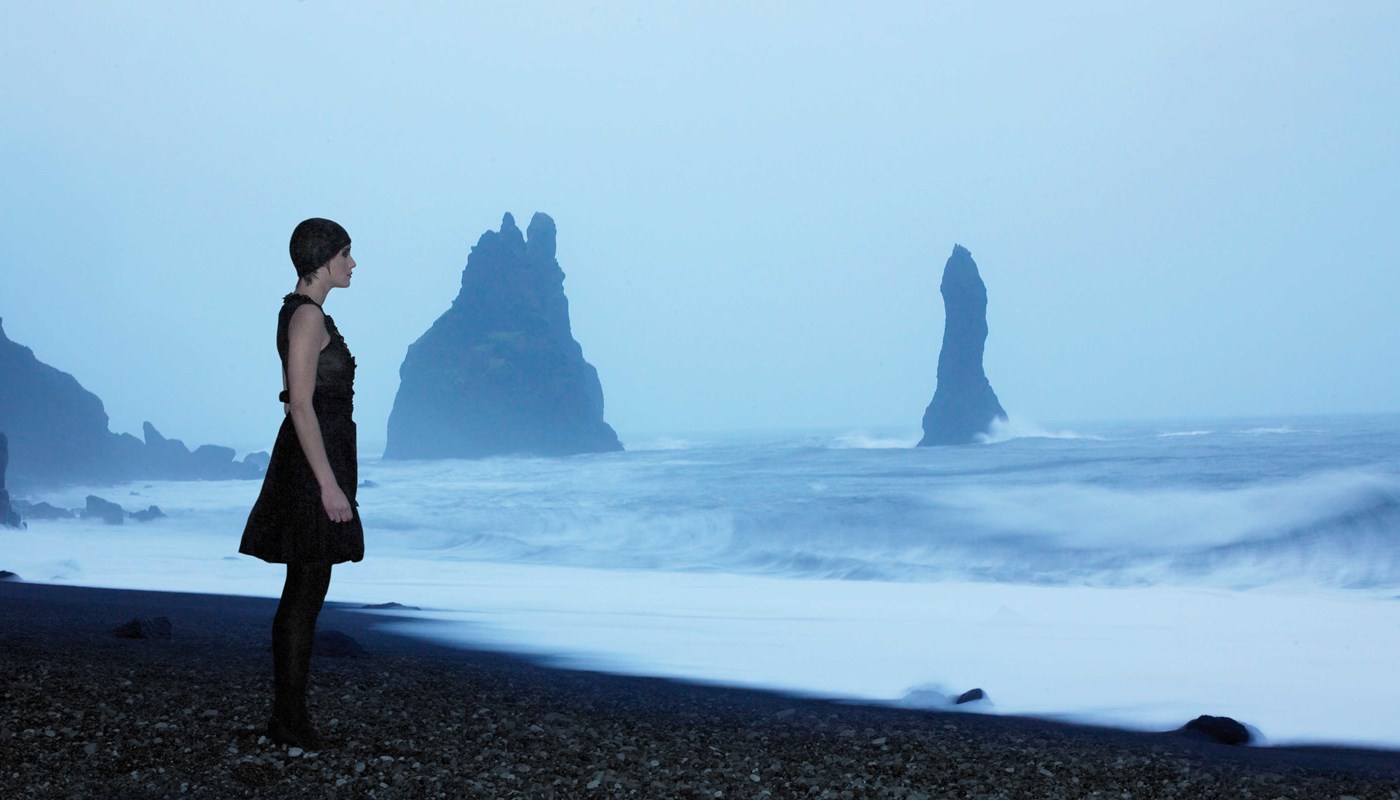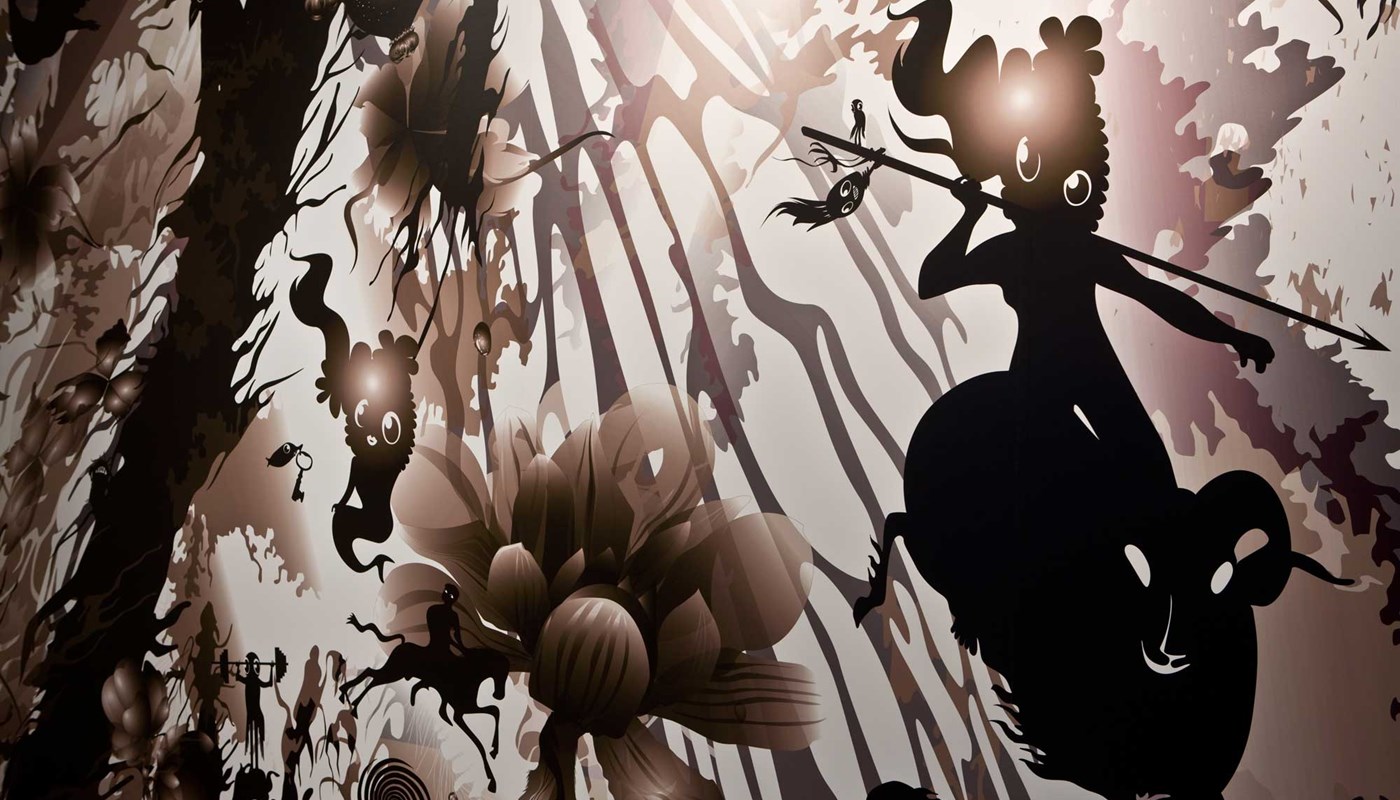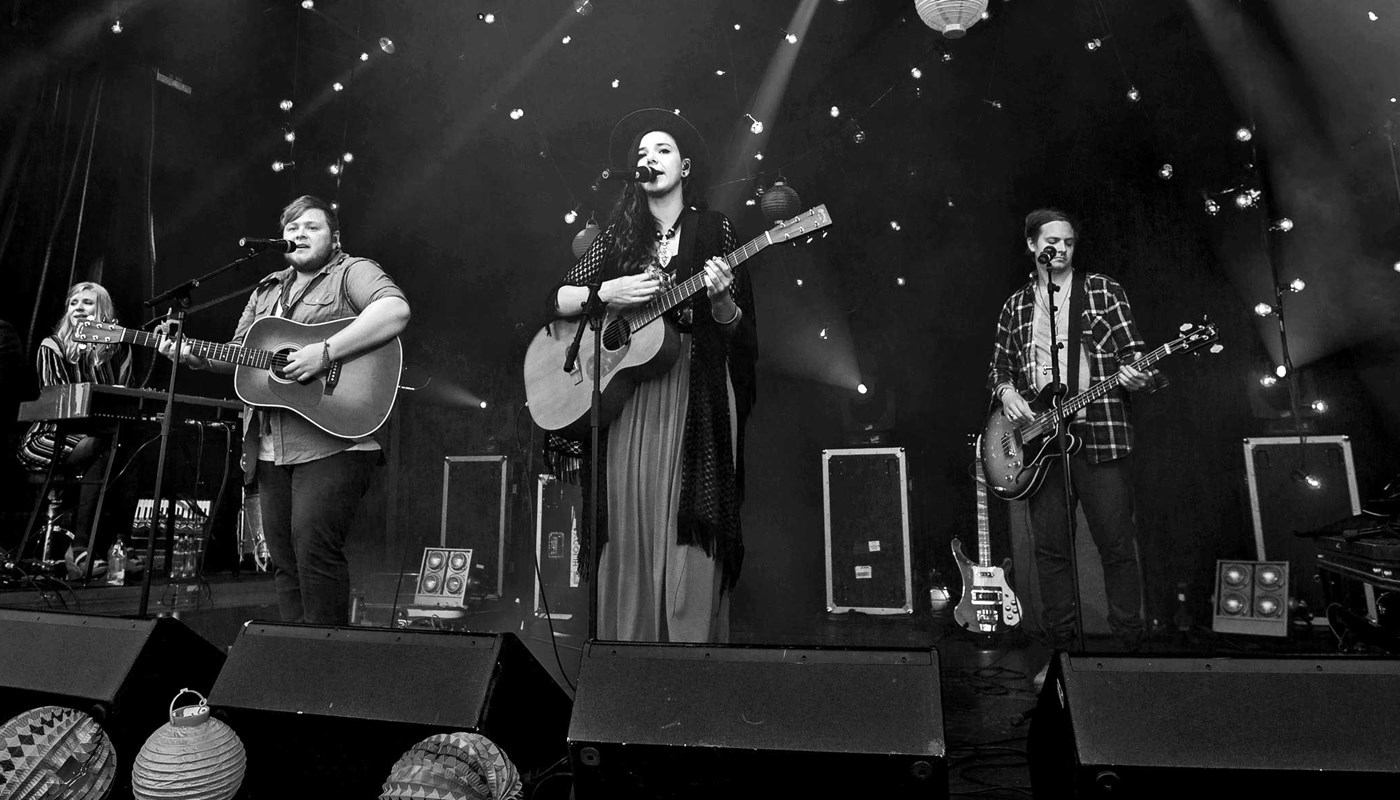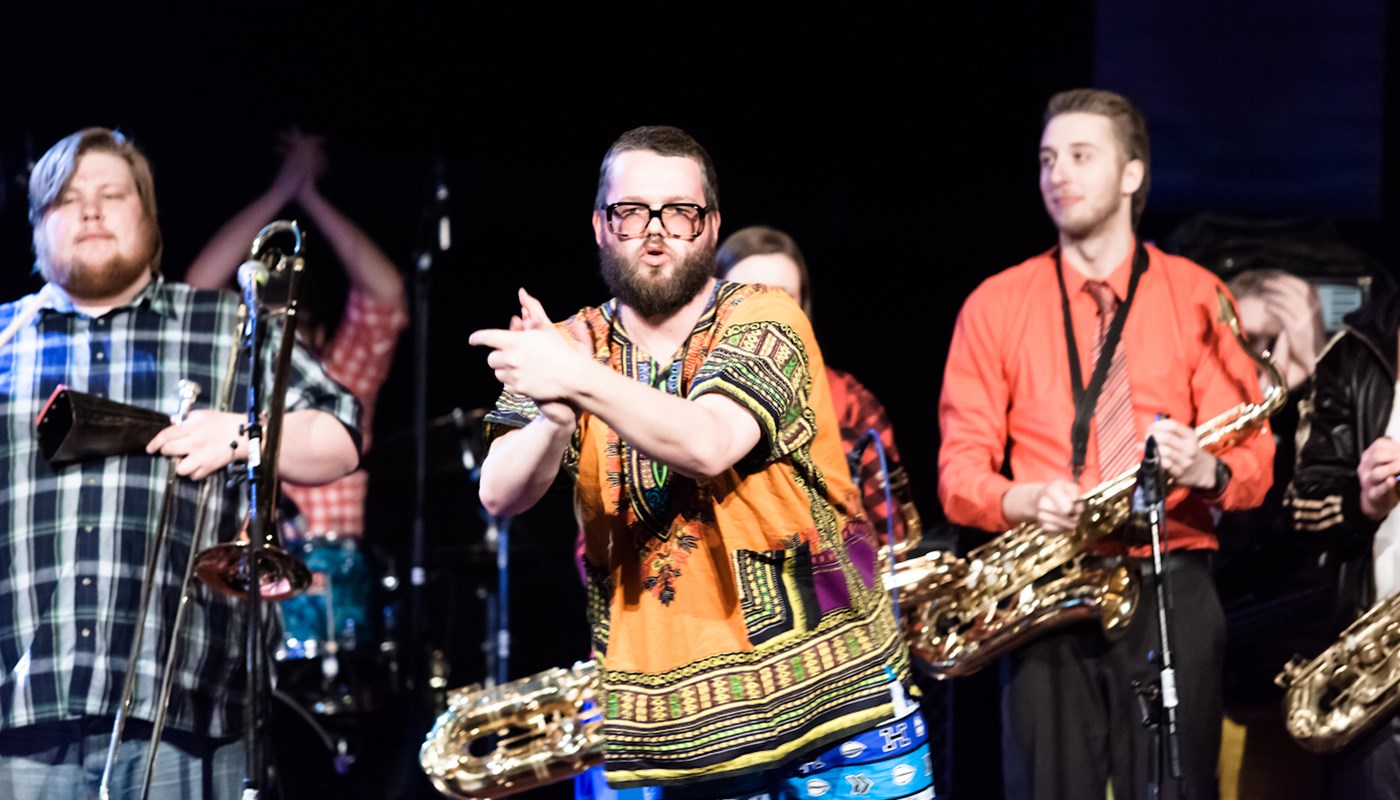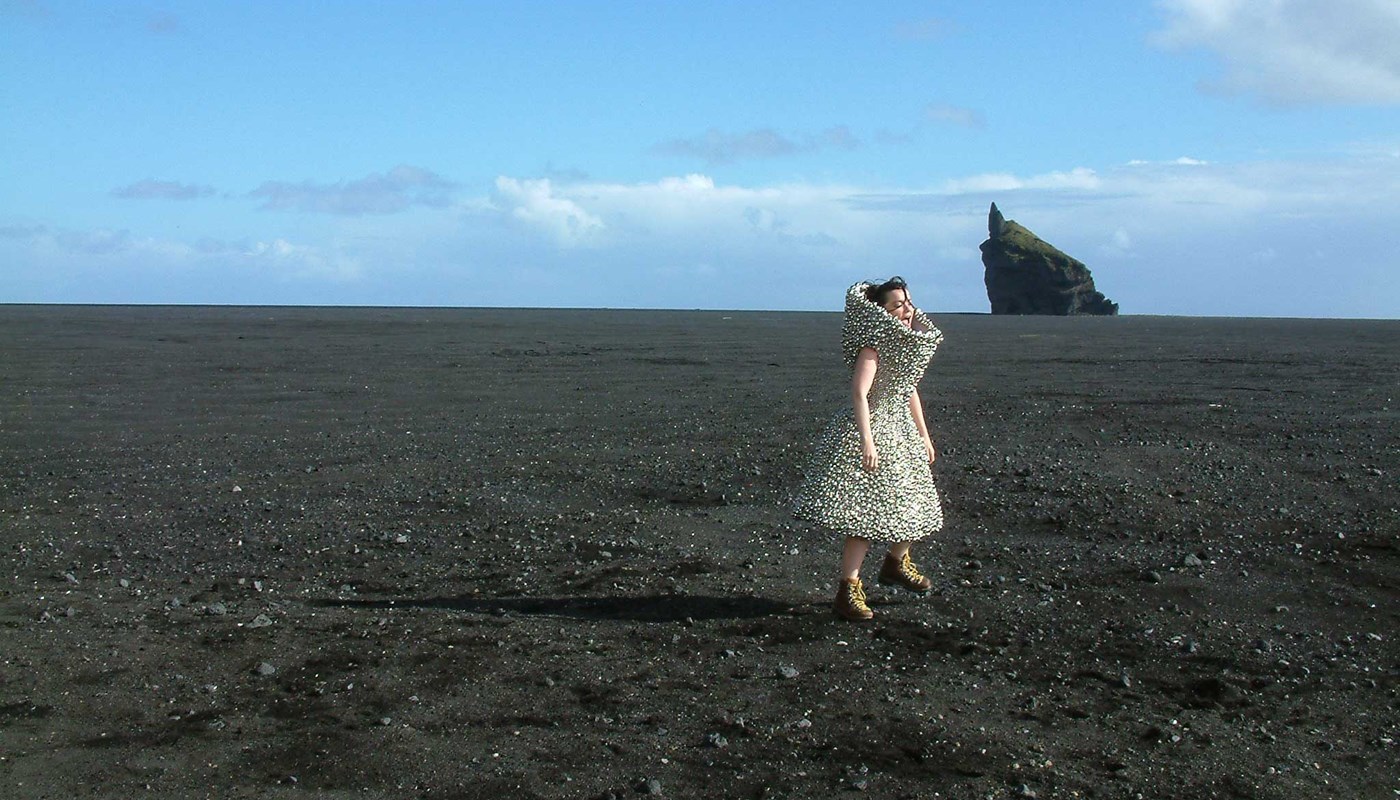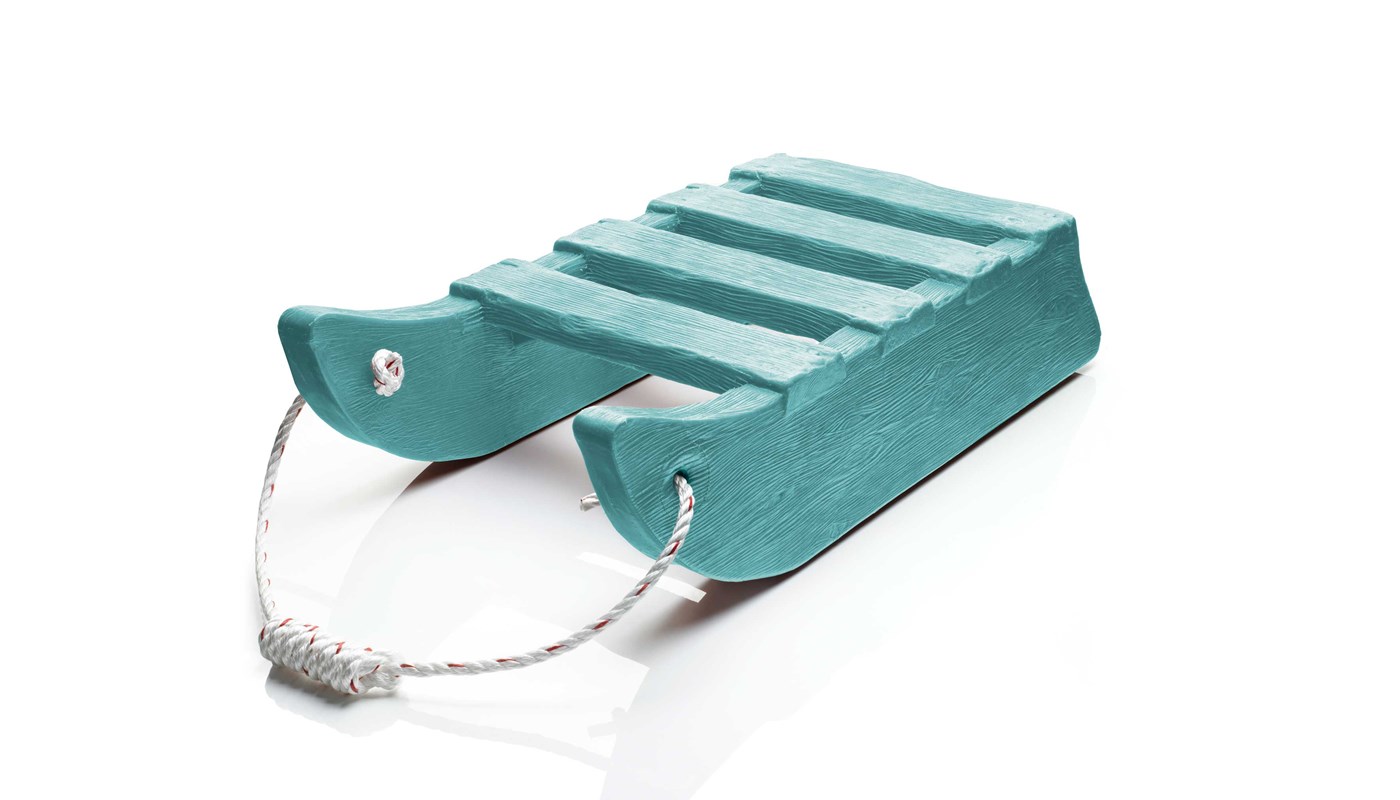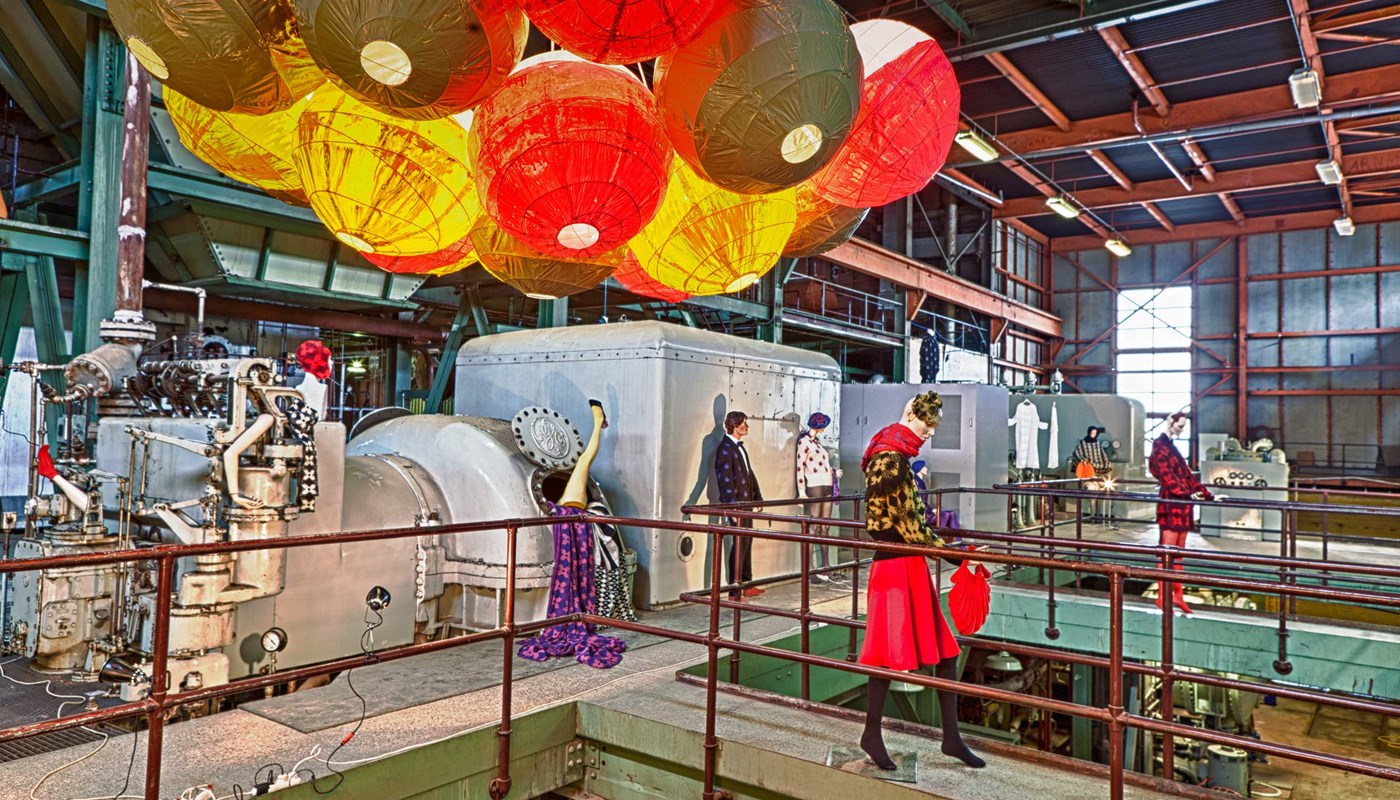CREATIVE ARTS
For an isolated culture in the North Atlantic, creativity is important. Since Iceland was settled in the 9th century, writing and music have been an integral part of life in the country; and have in recent years reached a large audience on the global stage thanks to the efforts of pop stars such as Björk and Sigur Rós, as well as the wide readership of authors like Halldór Laxness, Arnaldur Indriðason, and Yrsa Sigurðardóttir.
The performing arts have long been a staple of Icelandic culture, with many of the country's most respected writers creating works exclusively for theatre, or adopting their previous works for the stage. Icelandic theatres enjoy great local interest, and the relatively young Icelandic dance company is quickly gaining respect, both domestically and abroad.

FASHION AND FILM
Increasing international success for Icelandic designers, driven by their innovation and commitment to sustainability, Icelandic nature and materials—coupled with the ever growing respect for Icelandic artists in international circles—has further bolstered the reputation of the Iceland's creativity.
The recent emergence of Icelandic filmmakers and video game developers on the global stage further attests to the importance of innovation and creativity for the Icelandic society. It is no coincidence that culture and the creative industries in Iceland employ more than five percent of the work force—a larger share than the fishing industry and agriculture combined—and generates a larger share of the GDP than agriculture.
More Themes
Clean nature
Icelanders have long enjoyed one of the highest life expectancies in the world. There is no definitive explanation for this, but a clean environment and a healthy diet and lifestyle probably have something to do with it. The Icelandic diet is rich in quality raw materials, farmed, bred and caught in an unpolluted environment, and produced with the utmost care.
Culture
Iceland was the last country in Europe to be settled. To this day, it is one of the most sparsely populated countries in the world. Located in the middle of the North Atlantic, Iceland was settled by emigrants from Scandinavia and the British Isles in the tenth century. Due to Iceland's geographical location, it was mostly outside the influence of contemporary culture in Europe and America, until the late nineteenth century.
Mysterious Iceland
Iceland is home to the largest glaciers in Europe, as well as some of the world's most active volcanoes, and is widely known as "The Land of Fire and Ice". But Iceland escapes definition. It is also the land of light and darkness. Its location, just below the Arctic Circle, makes for long summer days with near 24-hours of sunlight; offset by short winter days with very little sunlight at all. Fortunately, while winters in Iceland are dark, they are relatively mild and play host to one of nature's most spectacular exhibitions of beauty; the Aurora Borealis.


